Chile Casino Tenders in the Spotlight at Public Hearing This Week
Posted on: August 2, 2022, 07:42h.
Last updated on: August 3, 2022, 04:09h.
Come the middle of next year, Chile may begin to see a change in its casino landscape. There are 12 casinos licenses for which operators are involved in a new tender process, and an upcoming hearing will help determine what happens next.
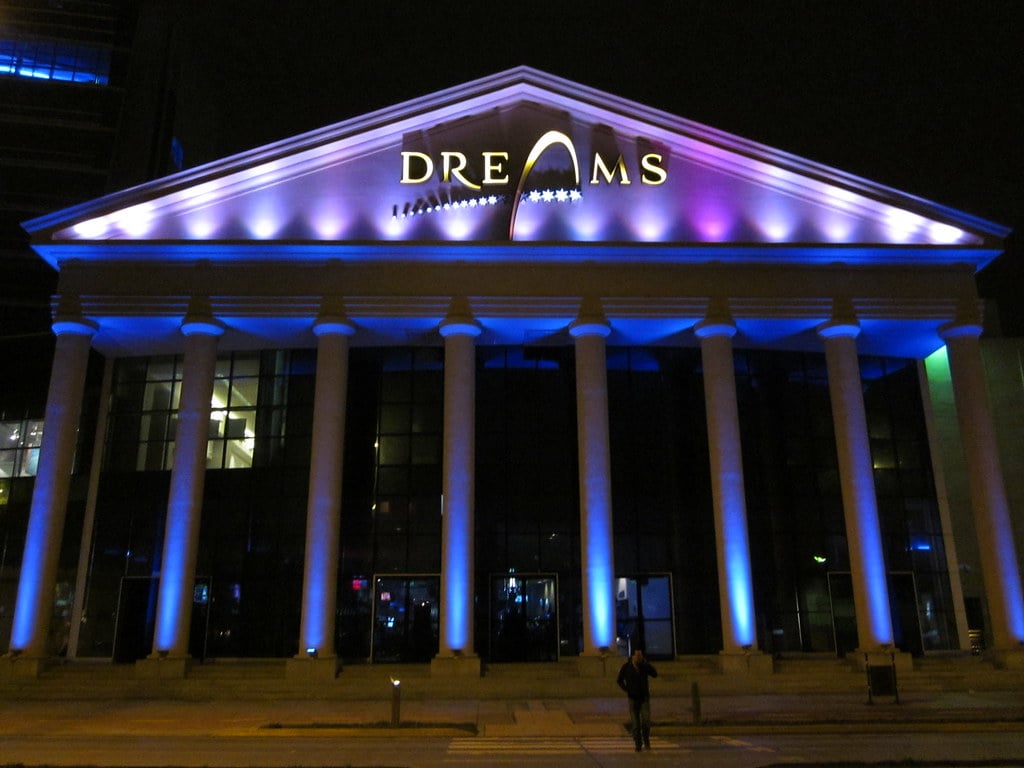
The Superintendency of Gaming Casinos (SCJ, for its Spanish acronym) will hold a public hearing on August 5 to discuss the future of the new casino licenses. Some 11 municipal governments and a handful of casino operators are working feverishly to determine the next steps.
The upcoming hearing will partly help the SCJ understand the local sentiment for the proposal and operator profiles. Then, depending on the feedback, some licenses could be in place starting in July 2023.
In a statement, the regulatory body reported that in the session on July 18, Chile’s Resolution Council unanimously ratified the technical evaluation proposals presented by the SCJ regarding new licensing procedures. The regulator then determined the technical evaluation score of the projects applying for an operating permit in the communities of Calama, Copiapó, Mostazal, Santa Cruz, Talca, Talcahuano, Los Angeles, Temuco, Valdivia, Osorno, and Punta Arenas.
This Friday, the SCJ will hold its hearing at the office of the Ministry of Finance. Existing gaming companies are leading all of the casino projects, including Marina del Sol, Dreams, Enjoy, Luckia, Corporación Meier, and Grupo Cardoen.
Marina del Sol Withdrawals
In a meeting on July 18, the Resolution Council decided to end the evaluation of a proposal presented by Marina del Sol Talca S.A. The casino operator was going to apply for a new operating permit in Copiapó, where Luckia currently holds the cards.
Marina del Sol determined that trying to win a license in Copiapó wasn’t economically viable and asked to withdraw. The SCJ accepted the request, adding that Marina del Sol couldn’t prove that it would have uninterrupted access to the property it presented during the 15-year licensing period.
In addition, there were concerns over the company’s viability to deliver milestones on time in accordance with regulations.
Intense Scrutiny of Operators
The regulatory body highlighted that once it completes the technical evaluation stage of the operators, what defines the award of the permit to operate a gambling casino is the highest economic offer. According to gaming legislation, this corresponds to the amount of money gaming companies have offered for a permit to operate or renew a casino license. It also factors how much money the Treasury Service collects from the operations.
To obtain an operating permit, proposals must reach at least 60% of the total of the weighted scores of the technical and economic offers. Next, consideration is given to the highest economic offer. In the event of a tie score, the SCJ will create a separate scoring system to select the winner.
For 2021, Chile’s 20 casinos recorded gross gaming revenues of CLP294.25 million (US$356.2 million). In addition, they contributed a total of CLP89.67 million (US$108.5 million) in taxes.
Related News Articles
Casino Operator Casino Dreams Fighting to Keep iGaming Out of Chile
Casino Gambler in Argentina Attacks Security After Run of Bad Luck
Peru Greenlights New Online Gambling and Betting Laws
Most Popular
Mirage Las Vegas Demolition to Start Next Week, Atrium a Goner
Where All the Mirage Relics Will Go
Most Commented
-
Bally’s Facing Five Months of Daily Demolition for Chicago Casino
— June 18, 2024 — 12 Comments
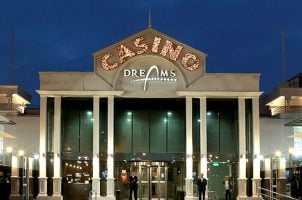
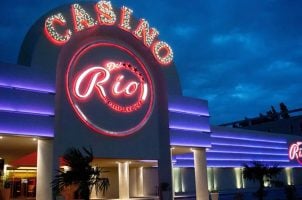
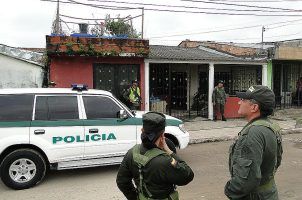
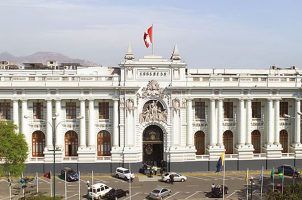












No comments yet